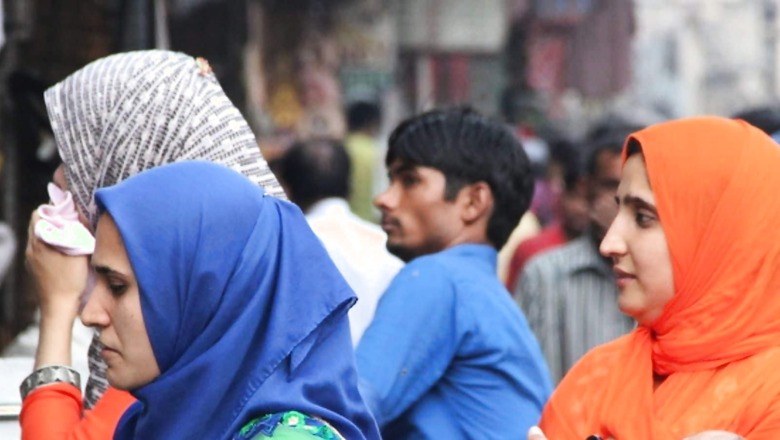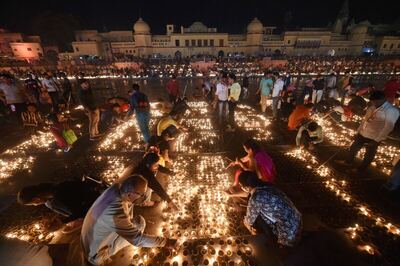
views
Muslim Women Rights Day is observed on August 1. It was on this very day in 2019, the passage of the triple talaq bill in Parliament proved to be a great milestone as it brought about a ray of hope, a promise to liberate Muslim women from the shackles of social evil that came in the form of the divorce terms. This year marks the second anniversary of that historical bill which is officially known as the Muslim Women Act (Protection of Rights on Marriage) passed in the Rajya Sabha.
The law made the ‘triple talaq’ a criminal offence. It was seen as a crucial step as it ensured Muslim women protection against gender inequality, and empowerment by lawfully bidding adieu to the practice of instantaneous ‘talaq’. Hence the day is aptly held as Muslim Women Rights Day. The law is meant to promote women’s self-reliance, self-respect, and boost self-esteem as it strengthens the fundamental and democratic rights of Muslim women.
According to the Act passed in the parliament, the declaration of talaq would be treated as a cognizable offence leading to 3 years imprisonment along with a fine. It has been observed that there has been a reduction of 82 per cent in Triple Talaq cases since the bill saw the light of the day.
In the words of Mukhtar Abbas Naqvi and Ravi Shankar Prasad, this action marked a ‘historic step’. To the uninitiated, what triple talaq (or talaq e biddat) entails is that a man has the right to divorce by merely uttering the word ‘talaq’ thrice consecutively in one sitting to his wife, wherein the consent or approval of the latter is not considered at all. It’s a practice that follows the Hanafi Islamic School of Law.
The cases of women such as Shah Bano Begum & Ors vs Mohd. Ahmad Khan, Shayara Bano vs Union Of India and Ors. laid the foundation stones for this move. Shayara sought Supreme Court’s intervention when she filed a writ petition requesting it to consider three practices namely talaq-e-biddat, polygamy, nikah-halala — as unconstitutional since they violate Articles 14, 15, 21, 25 of the Constitution.
Other than India, Egypt was the first country to ban this social evil back in 1929 followed by Sudan, Pakistan (1956), Malaysia (1969), Bangladesh (1972), Iraq(1959), Syria (1953). UAE, Morocco, Cyprus, Iran, Jordan, Brunei, Algeria, Brunei, Qatar had banned it several years ago.
Read all the Latest News, Breaking News and Coronavirus News here.

















Comments
0 comment